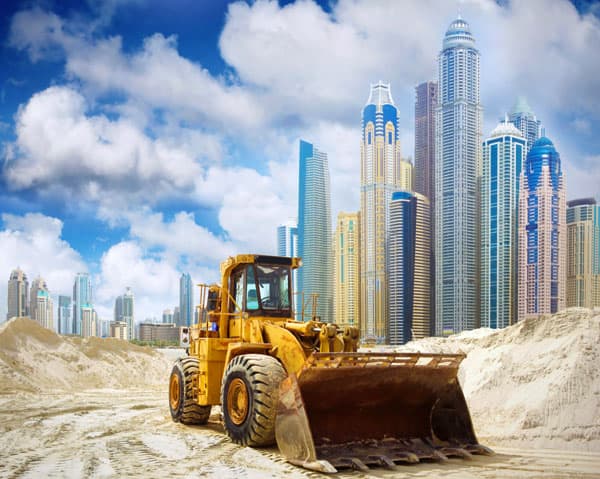MILESTONES
By Justin Keay
Its only four years since the global economic slowdown plunged Dubai into a major debt crisis and near-default, but the country is acting as if none of this happened. To say the old confidence is back would be an understatement. Money is flowing everywhere. As banks lend to the real estate and tourism industries, among others, UAE banks are expected to enjoy a 20% uplift in net profits this year.
Property developers are showing once more the lack of restraint that has made this city a byword for ambition. Among projects under construction is the Mohammed bin Rashid Citywhich will contain 100 hotels, a theme park and the worlds largest shopping mall.

Residential sales and rental prices are again on the rise
Residential sales and rental prices are surging: According to property management firm Asteco, prices for villas and apartments increased 24% and 38% year-on-year in July, respectively. And although still well below its 2009 peak, the main Dubai stock exchange has seen values increase by over 70% so far this year.
It is not hard to find the main driver for all this activitythe Arab Spring. Egypts worsening crisis, Syrias civil war and growing fears it will spill into neighboring Lebanon have all made the UAEs, and in particular Dubais, star shine brighter. With Gulf Arabs now steering clear of Beirut and Western expats giving Arab Spring countries a wide berth, Dubai is the big beneficiary.
So are we looking at another bubble? Analysts think probably not, at least for the time being, because unlike before, Dubais current buoyancy is broad-based, with the emirates export sector showing strong growth. London-based Capital Economics notes, moreover, that the credit-to-GDP ratio is not growing at the same breakneck speed it did back in 20072009, which suggests credit is being used more productively.
Policymakers in the emirate also seem well aware of the dangers: Bank reserve requirement ratios have been tightened, and the UAE Central Bank is to introduce caps on loan-to-value ratios for mortgages. The authorities have also doubled commercial property transaction fees to 4% to help calm the market.
Yet because of Dubais appeal and the stability of the UAE at a time of great regional uncertainty, the long-term risks remain. Those vast sums of Gulf moneynot to mention cash flowing out of countries like Egypthave to find some place to call home, and right now Dubai has little in the way of competition.



